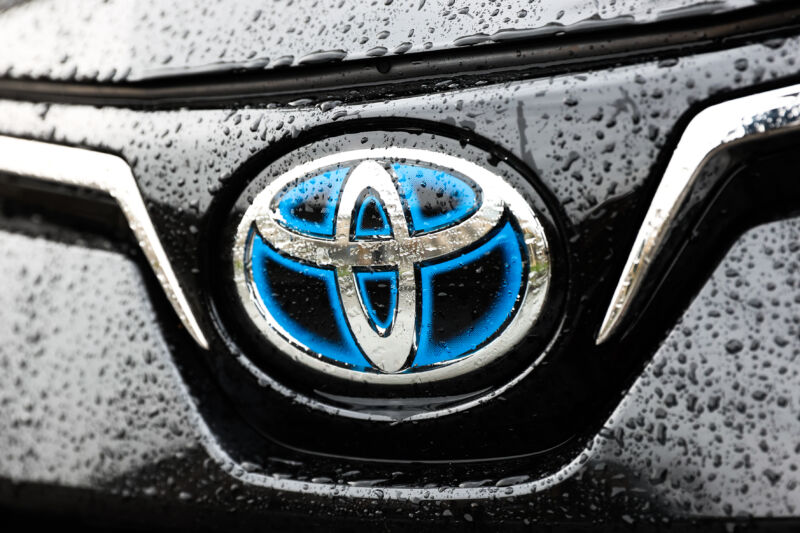
Toyota’s 14 Japanese factories all shut down for about two days last week due to a production order system malfunction caused by a lack of disk space, the company announced today.
According to Toyota, its Japanese factories and their 28 assembly lines were halted due to “some multiple servers that process part orders” becoming unavailable and causing Toyota’s production order system to malfunction on August 28.
The problem began during maintenance work on August 27. Toyota’s press release said:
During the maintenance procedure, data that had accumulated in the database was deleted and organized, and an error occurred due to insufficient disk space, causing the system to stop. Since these servers were running on the same system, a similar failure occurred in the backup function, and a switchover could not be made.
A Reuters report today cited two anonymous sources “with knowledge of the matter,” who claimed that the malfunction happened while the parts ordering system was being updated.
Toyota saw a third of its total production shut down until August 30. It said it restored its production order system on August 29 after transferring the data to a larger capacity server.
The announcement is a blunder for the world’s top-selling automaker, which failed to ensure that mission-critical operations would be able to function. But Toyota was also keen to affirm that the outage was “not caused by a cyberattack.”
The car vendor’s cybersecurity has faced scrutiny over recent years. Toyota shut down the same 14 Japanese factories in February 2022 due to a supplier getting hacked. A Reuters report on August 30 suggested that last week’s outage may be more financially detrimental to Toyota than the 2022 event since “domestic output was up 29 percent in the first half of this year, the first such increase in two years.”
Toyota was also hacked in 2021 through a US manufacturing parts subsidiary and at least thrice more in 2019.
To prevent similar occurrences in the future, Toyota said it’s implemented “countermeasures” created through “replicating and verifying the situation.” It also said it would review its maintenance procedures.
The carmaker apologized to “customers, suppliers, and related parties for any inconvenience.”
